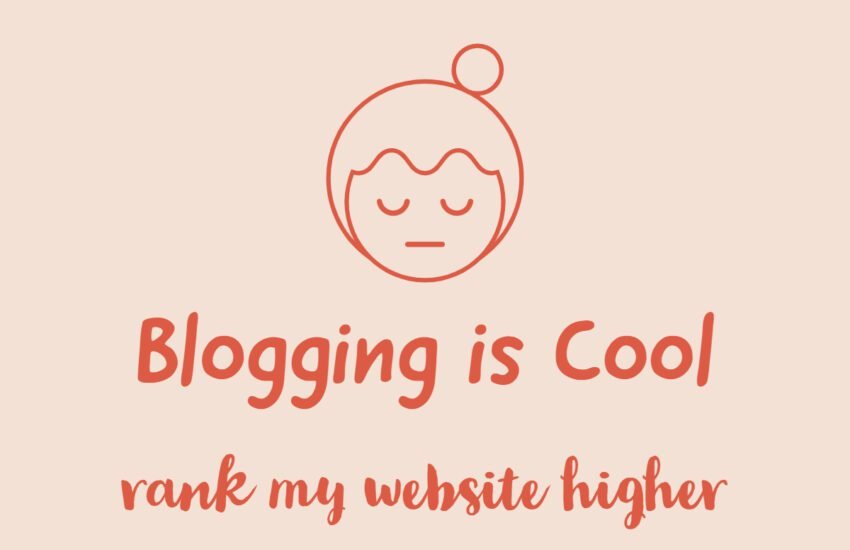The Right Way to Use Keywords in Your Blog
Keywords play a crucial role in optimizing your blog for search engines and driving organic traffic to your website. However, it’s important to use keywords strategically and ethically to ensure that your content remains valuable and relevant to your audience. In this blog post, we will discuss the right way to use keywords in your blog to improve your search engine rankings without compromising the quality of your content.
1. Research and Choose Relevant Keywords
Before you start writing your blog post, it’s essential to conduct keyword research to identify the most relevant and high-ranking keywords in your niche. Use keyword research tools like Google Keyword Planner, SEMrush, or Moz to find keywords that have a good search volume and low competition.
Choose keywords that are closely related to the topic of your blog post and align with the intent of your target audience. Consider using long-tail keywords, which are more specific and have less competition, to increase your chances of ranking higher in search results.
2. Incorporate Keywords Naturally
Once you have identified your target keywords, it’s time to incorporate them into your blog post. However, it’s crucial to use keywords naturally and avoid keyword stuffing, which can negatively impact your search engine rankings.
Include your primary keyword in the title of your blog post, preferably towards the beginning. Use variations of your keyword throughout the content, but make sure they fit naturally within the context of your writing. Aim for a keyword density of around 1-2%, but don’t obsess over the exact numbers.
Remember, your primary focus should be on creating high-quality, engaging content for your readers. Search engines are increasingly prioritizing user experience, so make sure your content flows smoothly and provides value to your audience.
3. Optimize Meta Tags and Descriptions
In addition to incorporating keywords into your blog post, it’s important to optimize your meta tags and descriptions. These elements provide search engines with information about your content and can significantly impact your search engine rankings.
Include your primary keyword in the meta title and meta description of your blog post. The meta title should be compelling and concise, while the meta description should provide a brief summary of what readers can expect from your content.
Optimizing your meta tags and descriptions not only helps search engines understand the relevance of your content but also improves click-through rates from search engine results pages (SERPs).
4. Use Keywords in Headings and Subheadings
Another effective way to use keywords in your blog is to include them in your headings and subheadings. This not only helps search engines understand the structure of your content but also makes it easier for readers to navigate through your blog post.
Use your primary keyword in at least one heading or subheading, preferably towards the beginning. However, don’t force keywords into every heading or subheading. Instead, focus on creating informative and engaging headings that accurately reflect the content of each section.
5. Internal and External Linking
Internal and external linking are essential for both user experience and search engine optimization. When it comes to keywords, you can use them strategically in your anchor text for both internal and external links.
When linking to other pages within your website, use relevant keywords as anchor text. This helps search engines understand the context of the linked page and improves its visibility in search results.
Similarly, when linking to external sources, use keywords that accurately describe the content you’re linking to. This not only provides additional context for search engines but also helps your readers understand what to expect when they click on the link.
6. Regularly Update and Refresh Your Content
Search engines prefer fresh and up-to-date content. Therefore, it’s important to regularly update and refresh your blog posts to maintain their relevance and improve their search engine rankings.
Look for opportunities to naturally incorporate new keywords or update existing ones in your blog post. Conduct regular keyword research to identify emerging trends or changes in search behavior, and update your content accordingly.
Additionally, consider repurposing your existing blog posts into different formats, such as videos or infographics. This not only helps you reach a wider audience but also provides search engines with additional signals of your content’s relevance and value.
Conclusion
Using keywords effectively in your blog can significantly improve your search engine rankings and drive organic traffic to your website. Remember to research and choose relevant keywords, incorporate them naturally into your content, optimize meta tags and descriptions, use keywords in headings and subheadings, leverage internal and external linking, and regularly update and refresh your content.
By following these strategies, you can strike the right balance between optimizing your blog for search engines and providing valuable content to your audience.

